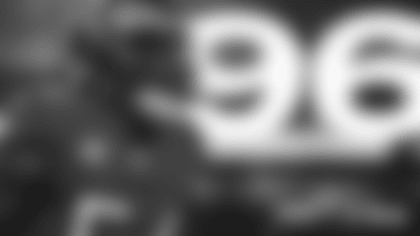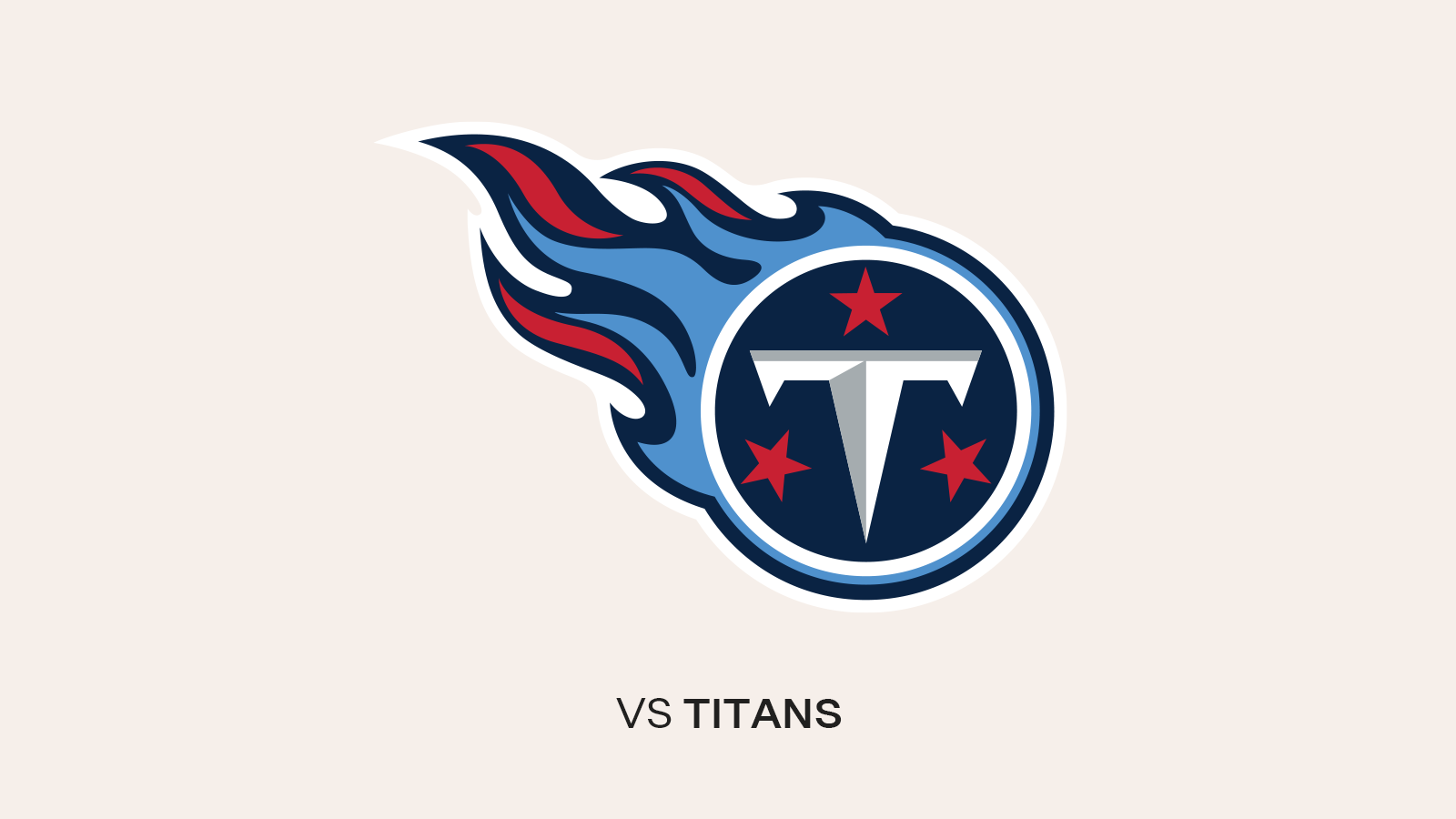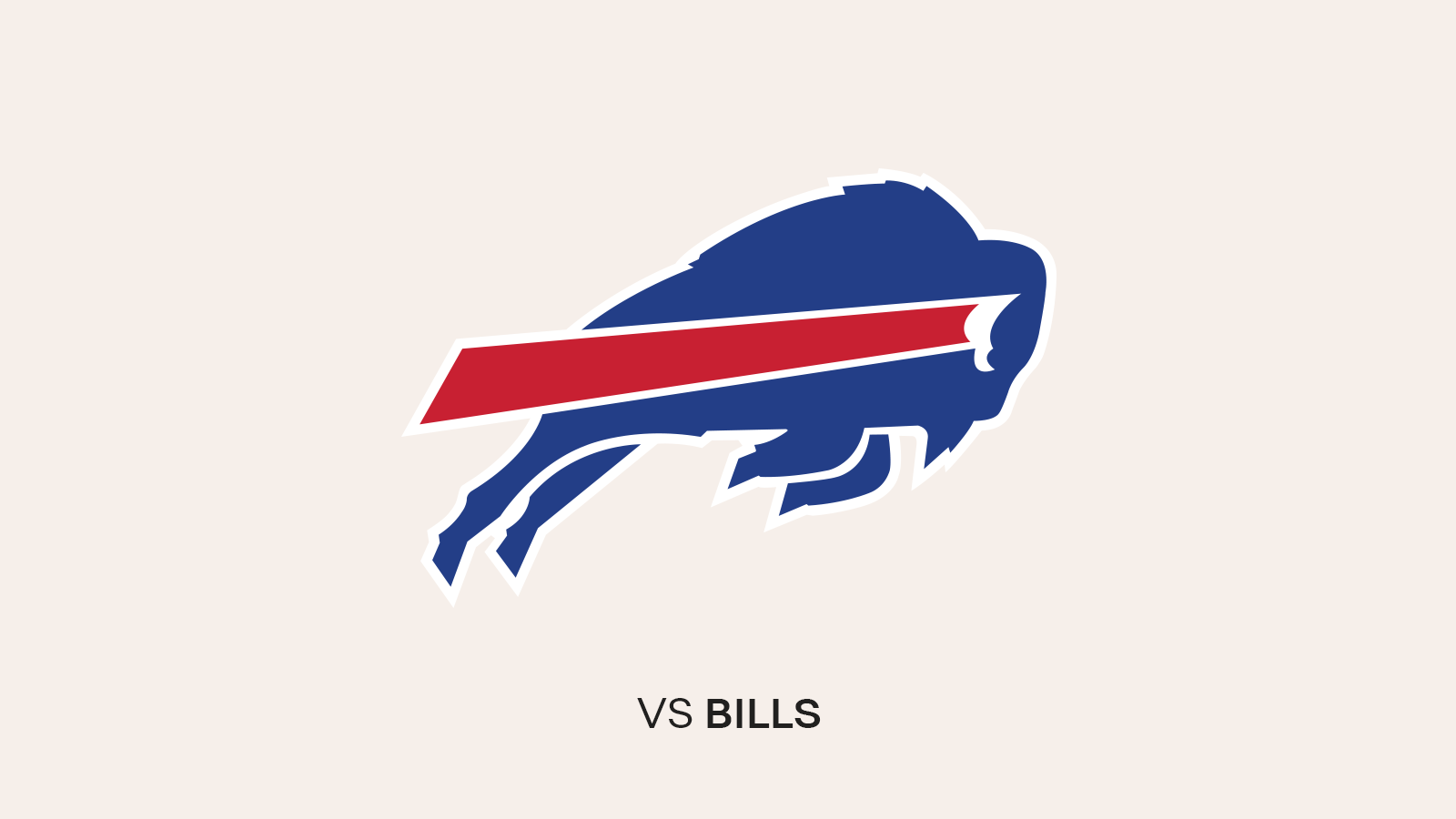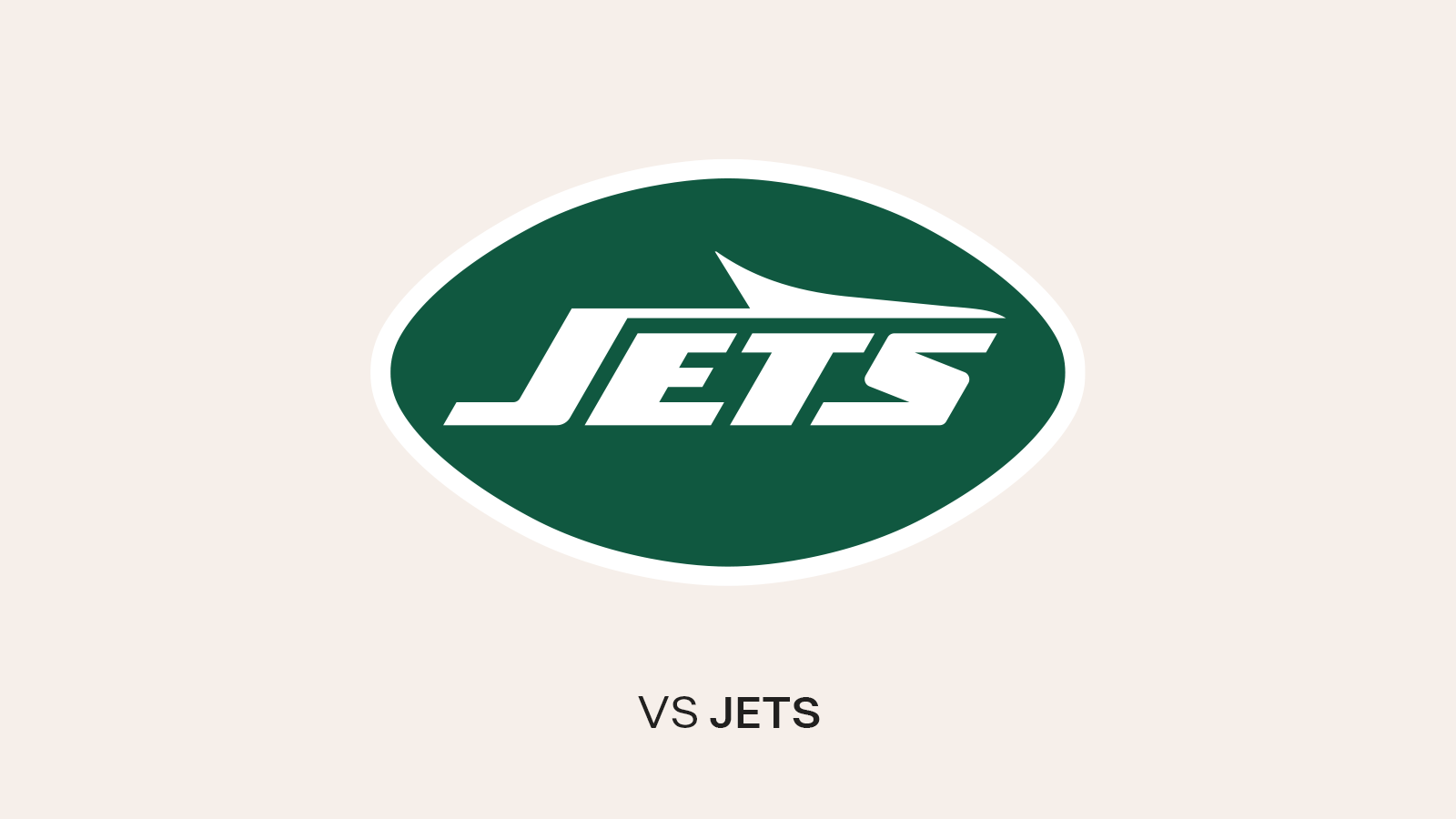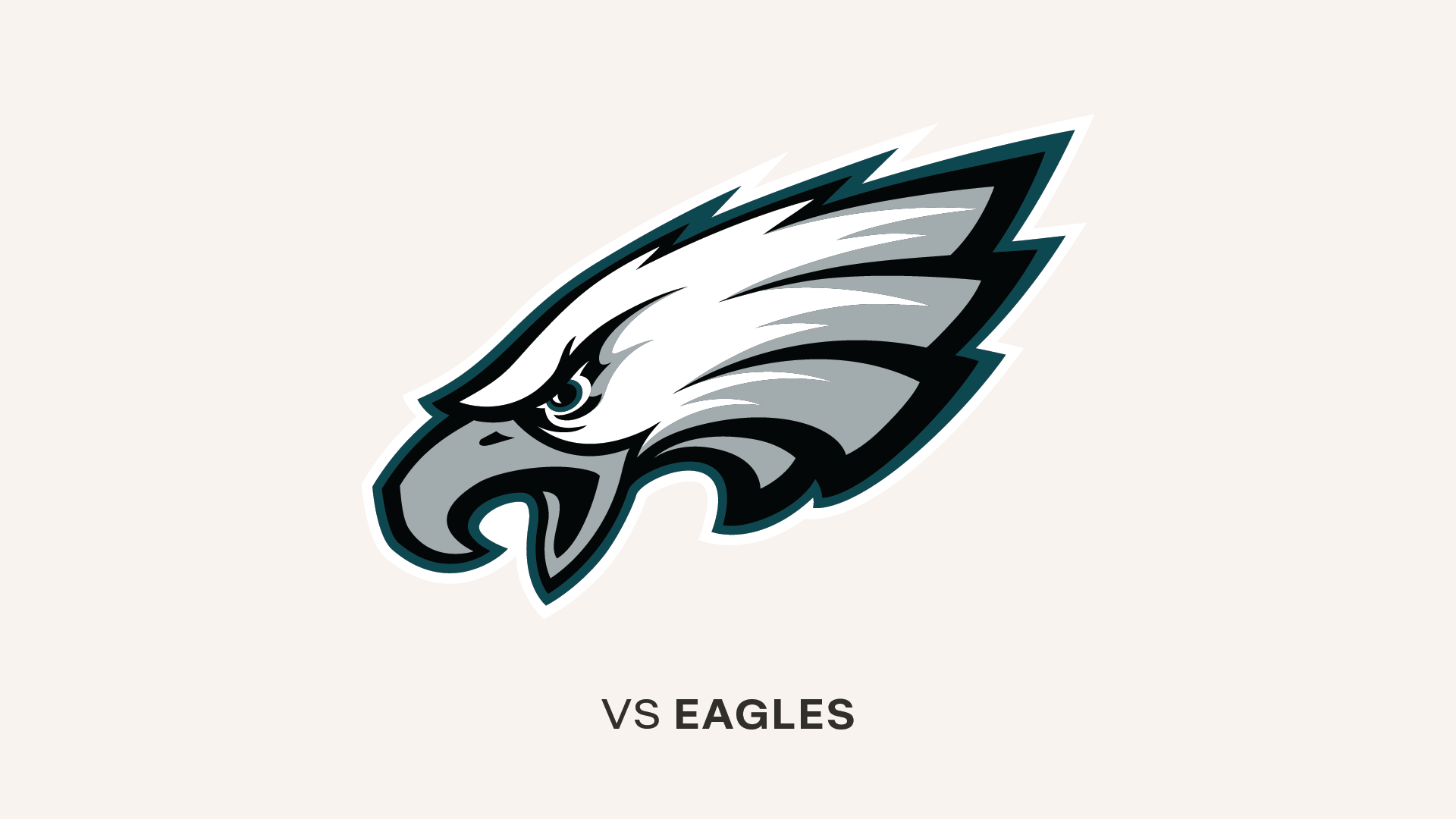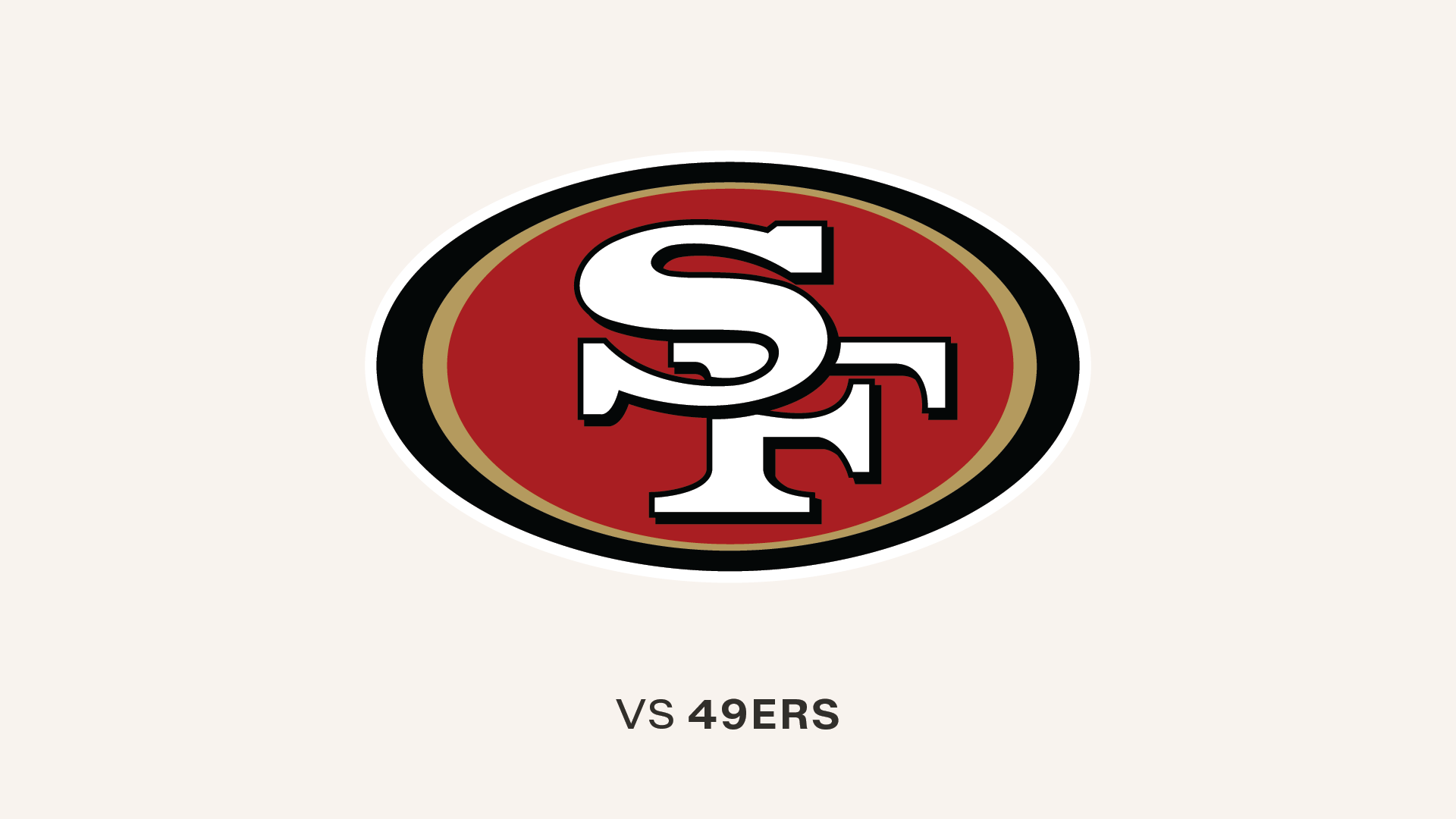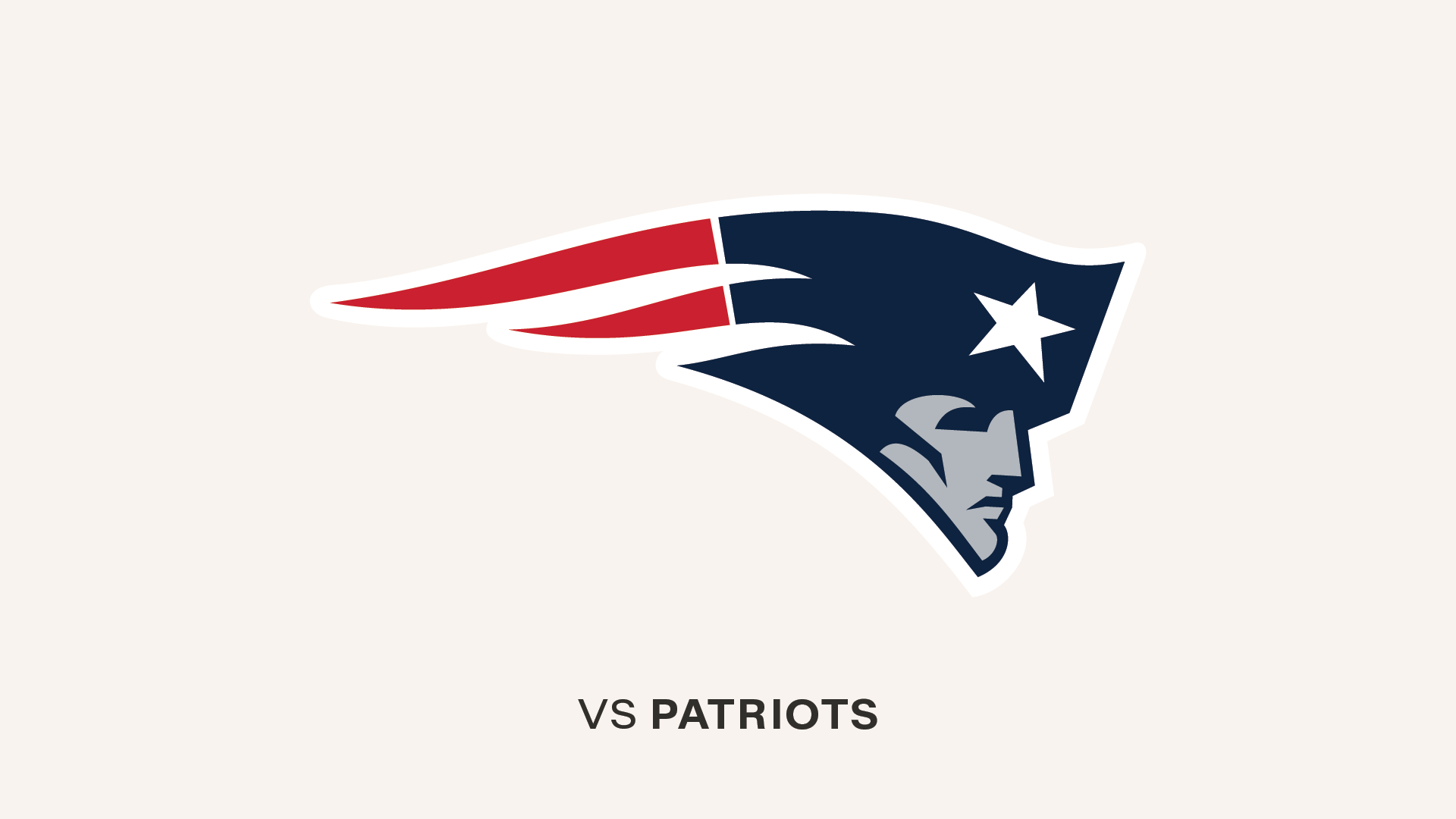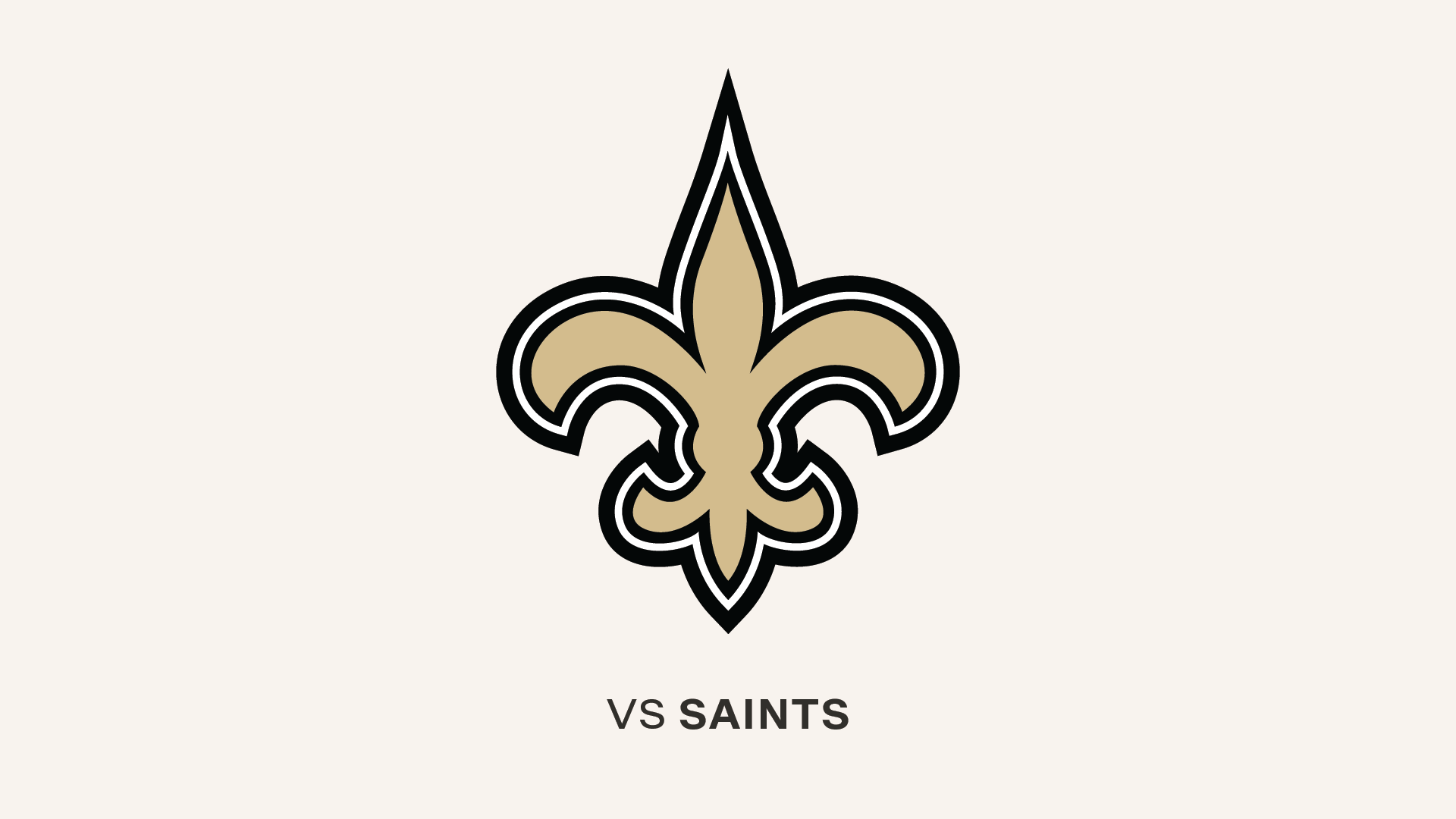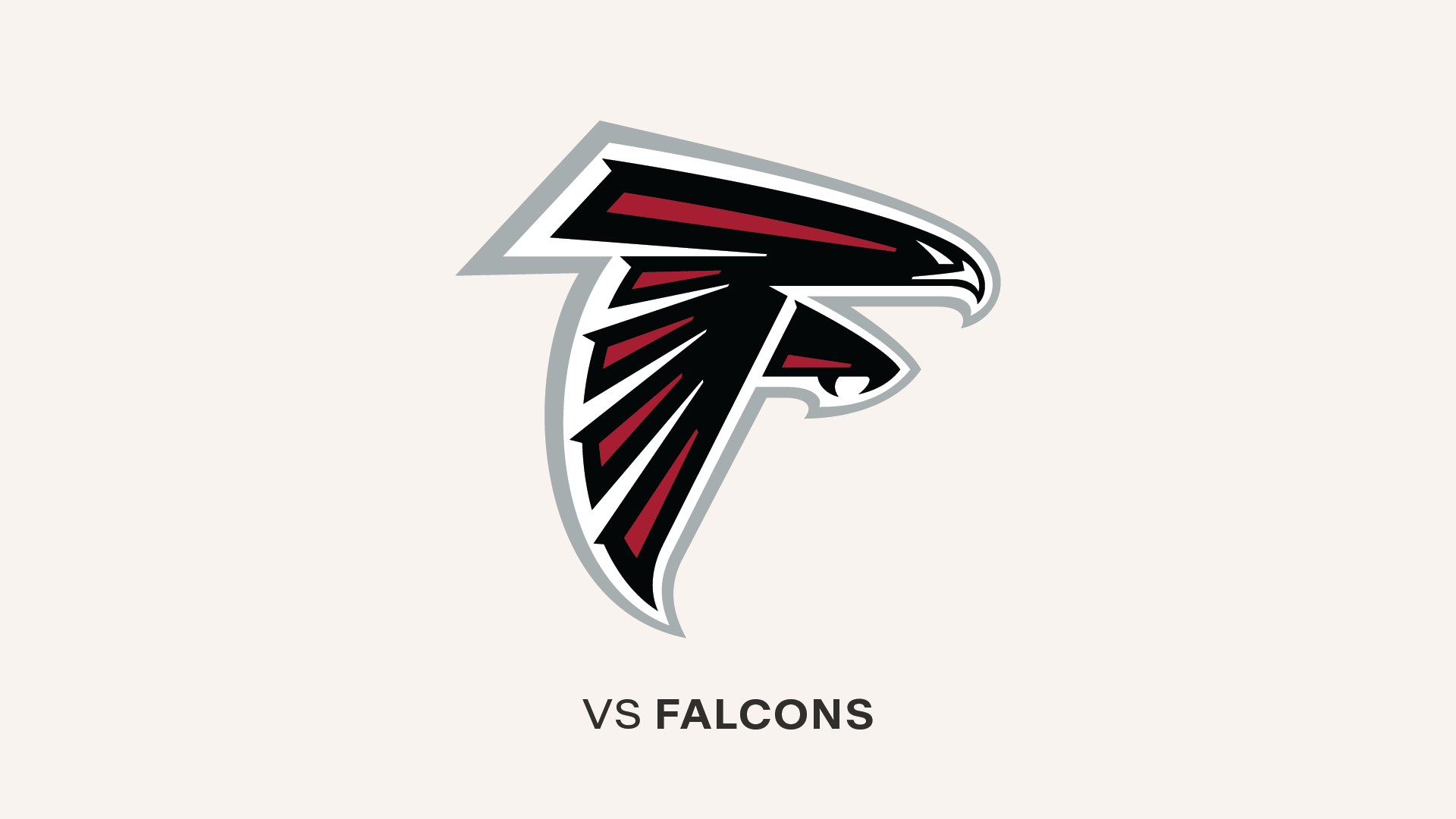Tampa Bay Buccaneers wide receiver DeSean Jackson had 424 receiving yards through the first four games of the season, all started by Ryan Fitzpatrick. After the first quarter of the season he was on pace to finish the year with 1,696 yards. That rate has tailed off a bit – he's now on pace for "only" 1,358 receiving yards, which would be a new career high. Fitzpatrick is set to step back in at quarterback for the Buccaneers in Week Nine (more on that below), so perhaps Jackson will see his pace pick back up.
Mike Evans has 770 yards through seen games this year, or 110 per game, a pace that would lead to 1,760 yards, and that would obliterate not only his career best but the franchise's single-season record, which Mark Carrier set at 1,422 in 1989.
So, could both Jackson and Evans possibly get to 1,500 yards in the same season. Since the Buccaneers have never even had one 1,500-yard receiving campaign, that dual feat would obviously be a first for the team as well. But how often have any NFL offense featured two separate players who reached 1,500 receiving yards in the same year?
Not often. Or to put it another way: Never.
So perhaps 1,500 yards for both Jackson and Evans is a bit of a stretch. But as noted above, they are both on pace to top 1,350. So how many teams have had two such receivers in the same year? That has been accomplished four times:
1. Denver, 2014: Demaryius Thomas (1,619) and Emmanuel Sanders (1,404)
2. Arizona, 2005: Larry Fitzgerald (1,409) and Anquan Boldin (1,402)
3. St. Louis, 2000: Torry Holt (1,635) and Isaac Bruce (1,471)
4. Detroit, 1995: Herman Moore (1,686) and Brett Perriman (1,488)
So Jackson and Evans have a chance to join a very exclusive club peppered with notable names. It will be fun to see if they can get there.
Now on to your questions.
A reminder that you can send questions to me anytime you want on Twitter (@ScottSBucs) and they're easier to find if you include the hashtag #SSMailbagBucs. As you'll see from time to time, I also unilaterally appropriate for myself – as any good pirate captain would – questions I like that are meant for our Insider Live show or are simply responses to one of my previous tweets. I've also taken to stealing emails meant for our Salty Dogs podcast. As always, if you specifically want to get a question into the mailbag and would prefer to email your question, you can do so to tbbsocial@buccaneers.nfl.com.
In one sense, there wasn't much point of me including this one in the mailbag because Head Coach Dirk Koetter already answered it on Monday. This question was sent in on Monday a non-imposter J-Whit, but hours before the press conference in which Koetter announced that Ryan Fitzpatrick would be replacing Jameis Winston as the Buccaneers' starting quarterback. Koetter did not address the quarterback position beyond what would happen this week in Charlotte, but it's fair to assume that Fitzpatrick will retain the job with good play.
Still, J-Whit was clever enough with his wording and not quite as sarcastic as some other responses, so I figured we could address a few of his points.
First, Vinny Testaverde does not hold single-season record for interceptions thrown, though I'm relatively impressed that J-Whit remembers the 35-pick campaign that the Bucs' quarterback had in 1988. Thirteen touchdowns and 35 interceptions is a rather remarkable season; the Buccaneers weren't particularly good that year (obviously) and were sticking with the first-overall pick from 1987 to see how he would develop.
The record for interceptions in a season belongs to Hall-of-Famer George Blanda, who tossed 42 of them for the Houston Oilers in 1962. This was pre-merger and the Oilers played in the NFL, but the league recognizes those results as part of their historical records. Blanda is listed first in the official record book, Testaverde second. The only other quarterback to throw 30 or more picks in a season since the 1970 merger was Hall-of-Famer Fran Tarkenton, who had 32 of them for the Vikings in 1978.
There's maybe a little bit of a worthwhile note in those collected names. As you can see, a bad interception season didn't stop Blanda or Tarkenton from making it to Canton. And even Testaverde, while not a Hall-of-Famer, fashioned a long and productive career, though not much of it in Tampa. He's 13th all-time in passing yards.
Last year, Winston threw 11 interceptions in 442 passes, improving his interception percentage from 3.2 the year before to 2.5 in 2017. That rate was nearly identical to those put up by Aaron Rodgers, Ben Roethlisberger, Andy Dalton and Kirk Cousins. It was a definite sign of improvement and the Bucs hoped Winston could continue in that direction in his fourth season.
Unfortunately, he did not, and yes, the Buccaneers are going to go with the quarterback who gives them the best chance to win based on his on-field play. Both Winston and Fitzpatrick have repeatedly shown the ability to move the Bucs' offense and make big plays through the air, but Winston's success in that way has been negated by his 10 interceptions. Fitzpatrick had three interceptions in one bad quarter against Pittsburgh in Week Three but has otherwise done a better job of protecting the football, with a 13-5 TD-INT ratio.
And it's as simple as that. I brought up Winston's 2017 numbers to suggest that, when and if he gets another chance, he can correct this current flaw in his game. But for the time being the Buccaneers will go with Fitzpatrick and hope their turnover woes come to an end.
Well, in the sense that most NFL players are dealing with something that doesn't feel quite right, Peyton Barber probably is dealing with something. He was on the injury report to start last week after hurting his ankle late in the Cleveland game, but by week's end he was practicing without limitations. On Friday, Dirk Koetter said that Barber was good to go for the game in Cincinnati, and indeed he was. The third-year back had perhaps his best outing of the year, rushing 19 times for 85 yards and a touchdown. The ankle didn't appear to be any problem at all, as he made sharp cuts throughout the day and was able to dive high over the pile on his one-yard touchdown run.
The Buccaneers will resume practice on Wednesday and if Barber is feeling any ill effects from that game in his ankle, or anywhere else, it will show up on the injury report. As of Sunday, however, he seemed completely fine and, in fact, seems to be hitting his stride at midseason.
The Buccaneer back with a current injury issue is rookie Ronald Jones. Jones left the Bengals game with a hamstring injury in the second half and did not return. The Buccaneers brought running back Dare Ogunbowale back to the practice squad on Tuesday, a strong indication that they need somebody to soak up reps in practice if Jones can't go to start the week.
Aaaand after that brief interlude to talk about something else, we're back to the quarterback situation.
No, of course changing quarterbacks in the middle of a season doesn't automatically mean disaster. It's happened so many times that we can probably find multiple examples of when it a) turned out well, b) turned out badly, or c) kinda didn't make much of a difference.
I think the biggest problem is when you're going back and forth between two guys and you don't really like either of them. This was just before my time in Tampa began, but I assume that's what happened throughout 1990 and 1991, when the Buccaneers switched back and forth between Vinny Testaverde and Chris Chandler eight times (with a random Jeff Carlson start thrown in there at the end). This current Buccaneers situation is nothing like that. The team still believes that both Jameis Winston and Ryan Fitzpatrick can move the offense very well, but they're making the change, as discussed above, in order to try to stem the turnover tide. Fitzpatrick has already succeeded quite flamboyantly in this offense so there's no reason to believe he won't do it again.
There are obviously countless examples of when a team made a change because they were ready to move on to their highly-drafted rookie, something we see at some point in some NFL city nearly every year. The Bucs did that with Josh Freeman in 2009 and things got a little bit better, from 0-7 before to 3-6 after (plus 10-6 the next year).
You gave us a good example of a year that turned out fine despite multiple QB changes. Here's one from the Bucs' own history: 1999. The Buccaneers started that year with Trent Dilfer at the helm but struggled early, falling to 3-3. Just before Halloween, the team decided to go with second-stringer Eric Zeier. However, Zeier lasted just one dreadful start in Detroit and got hurt in the process and the Bucs went back to Dilfer instead of rookie Shaun King. Dilfer got hot and the Bucs went on a winning streak, but then Dilfer suffered a season-ending shoulder injury in Seattle in Week 12. This time the Bucs did turn to King, even though Zeier was now healthy again, and he led them to five wins in the next six games, including a divisional playoff contest, and all the way to the NFC Championship Game.
Who knows what will happen the rest of the way? The Buccaneers play in a tough division, have a couple significant injuries to overcome and still haven't quite found their way on defense. There are obstacles to overcome, but I don't count this QB change as one of them.



















